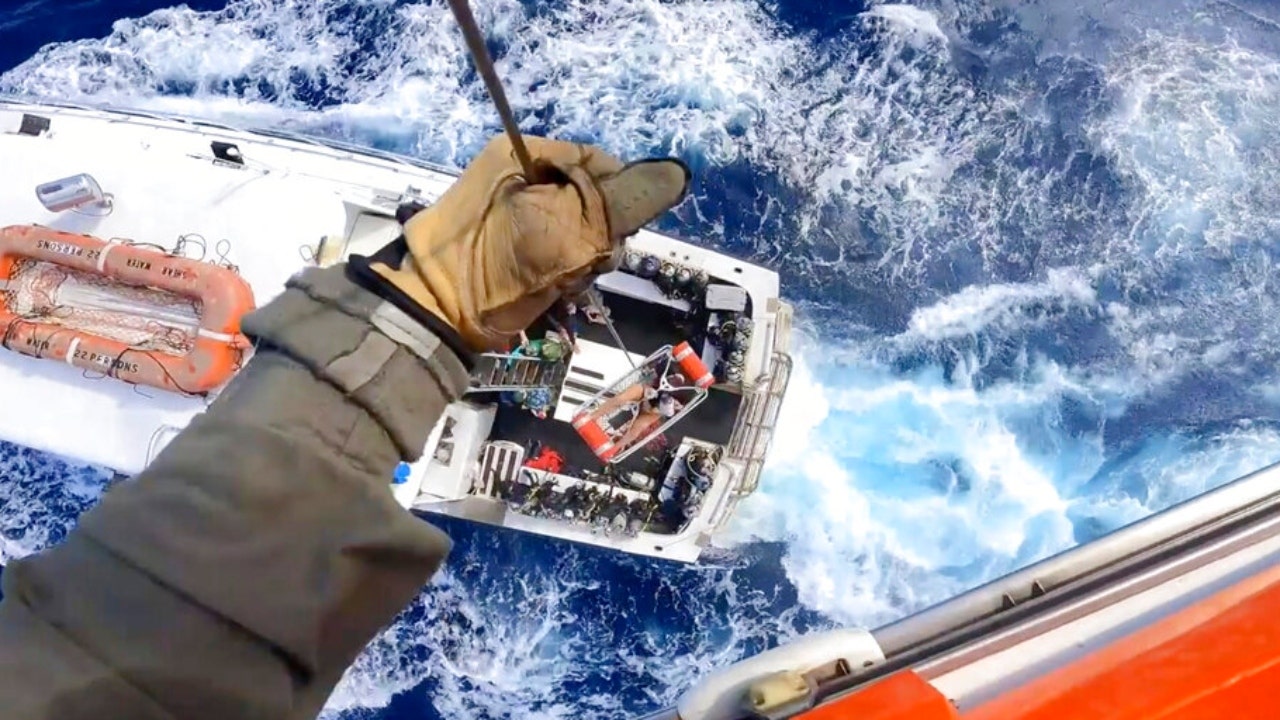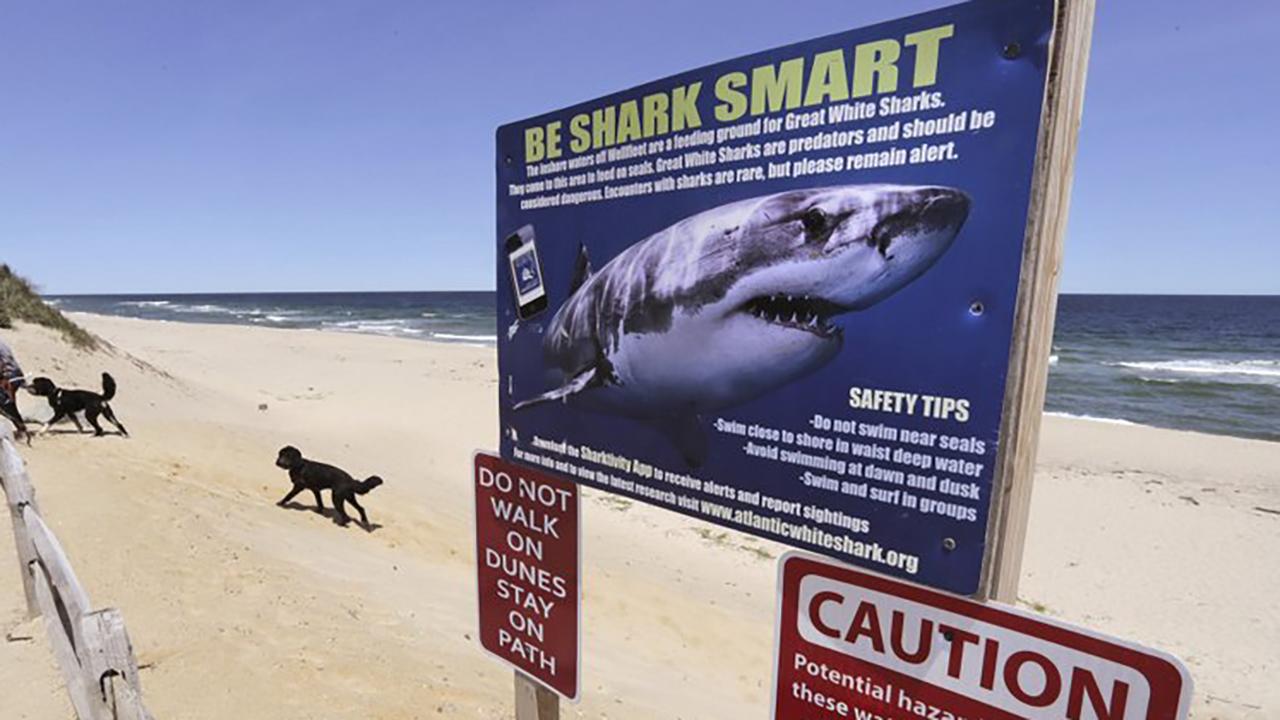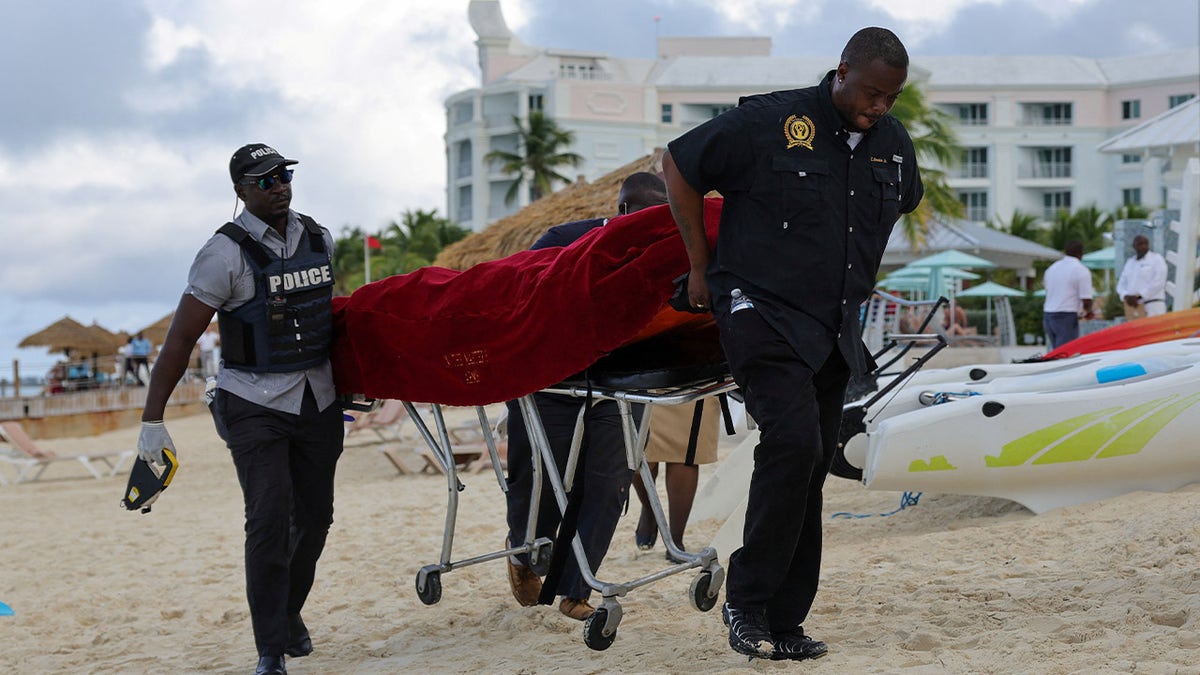You’ve probably heard about shark attacks before, but have you ever wondered what it’s really like in Bimini? The waters surrounding this island are no joke. Shark attack Bimini has become a topic of interest for both thrill-seekers and marine enthusiasts alike. It’s not just about the fear factor; it’s also about understanding these majestic creatures and how we can coexist with them.
Picture this: crystal-clear waters, vibrant coral reefs, and the occasional dorsal fin slicing through the surface. Bimini, located in the westernmost district of the Bahamas, is a paradise for divers and adventurers. However, lurking beneath the surface is a world of danger that shouldn’t be underestimated. Shark attacks, while rare, are a stark reminder of nature’s raw power.
But here’s the kicker—shark attacks don’t have to be the stuff of nightmares. By educating ourselves and respecting marine life, we can minimize risks and even appreciate these incredible predators. So buckle up, because we’re diving deep into the world of shark attack Bimini, uncovering the facts, myths, and everything in between.
Read also:Eazye Eye Injury The Untold Story Behind The Iconic Rappers Struggle
Understanding Shark Attack Bimini: A Deep Dive
What Makes Bimini Unique?
Bimini is no ordinary island. Nestled in the heart of the Atlantic Ocean, it boasts some of the most pristine marine environments in the world. The waters here are home to a variety of shark species, including the infamous great white, tiger sharks, and bull sharks. But why do these creatures flock to Bimini? Well, it’s all about the habitat. The nutrient-rich waters and abundant prey make it an ideal spot for sharks to thrive.
Here’s a quick rundown of what makes Bimini so special:
- Proximity to the Gulf Stream: This powerful current brings in a steady supply of food.
- Diverse marine ecosystems: From mangroves to coral reefs, there’s something for every species.
- Research opportunities: Scientists flock to Bimini to study shark behavior and conservation efforts.
The Stats on Shark Attacks in Bimini
Now, let’s get down to the nitty-gritty. Shark attacks in Bimini are relatively rare, but when they do happen, they make headlines. According to data from the International Shark Attack File (ISAF), there have been fewer than 10 unprovoked shark attacks in Bimini over the past decade. That’s pretty low when you consider the thousands of people who visit the island each year.
But don’t let those numbers fool you. Each attack is a reminder of the unpredictability of nature. The ISAF reports that most incidents occur due to mistaken identity, where sharks mistake humans for their natural prey. In fact, the odds of being attacked by a shark are about 1 in 3.7 million. So, you’re more likely to win the lottery than get bitten by a shark!
Shark Attack Bimini: The Science Behind It
Why Do Sharks Attack?
This is the million-dollar question, right? Sharks aren’t out there looking for humans to snack on. Most attacks are a result of curiosity or mistaken identity. Here’s a breakdown of the main reasons:
- Curiosity: Sharks are naturally inquisitive creatures. They use their teeth to explore their surroundings, which can sometimes lead to accidental bites.
- Mistaken Identity: Humans splashing around in the water can resemble seals or other prey from a shark’s perspective.
- Territorial Behavior: In rare cases, sharks may attack to defend their territory or mating grounds.
It’s important to note that sharks are not mindless killing machines. They play a crucial role in maintaining the balance of marine ecosystems. By preying on weaker or sick fish, they help keep populations healthy and prevent the spread of disease.
Read also:Did Shaquille Oneal Really Die Separating Fact From Fiction
The Role of Human Behavior
Let’s be real for a second—sometimes, humans contribute to the problem. Activities like spearfishing, chumming (attracting sharks with bait), and swimming during dawn or dusk can increase the chances of an encounter. These behaviors disrupt the natural order of things and put both humans and sharks at risk.
So, what can we do to stay safe? Here are a few tips:
- Avoid swimming during feeding times (dawn and dusk).
- Don’t wear shiny jewelry or brightly colored clothing that may attract sharks.
- Stay in groups and avoid isolated areas.
Shark Attack Bimini: The Human Impact
Conservation Efforts in Bimini
Bimini is more than just a hotspot for shark attacks—it’s also a hub for conservation efforts. Organizations like the Bimini Biological Field Station (also known as the Shark Lab) are working tirelessly to protect these incredible creatures. Through research and education, they aim to dispel myths and promote sustainable practices.
One of the key initiatives is tagging and tracking sharks to better understand their migratory patterns and behavior. This data is invaluable for developing conservation strategies and ensuring the long-term survival of shark populations.
Economic Impact on the Community
Shark tourism is a significant source of income for Bimini. Divers and adventurers from all over the world flock to the island to get up close and personal with these majestic creatures. However, the fear of shark attacks can have a chilling effect on the local economy.
That’s why education and awareness are so important. By dispelling myths and promoting responsible tourism, we can ensure that Bimini continues to thrive as a destination for both humans and sharks.
Shark Attack Bimini: The Science of Survival
What to Do if You Encounter a Shark
Okay, so let’s say the worst happens and you find yourself face-to-face with a shark. What do you do? First off, try to stay calm. Easier said than done, right? Here’s a step-by-step guide:
- Slowly back away without making sudden movements.
- Keep eye contact with the shark to show that you’re aware of its presence.
- If the shark gets too close, use any available objects (like your camera or snorkel) to create distance.
And if you do get bitten, don’t panic! Sharks often release their grip after realizing they’ve made a mistake. Try to swim to safety as quickly as possible and seek medical attention.
First Aid for Shark Attacks
In the unlikely event of a shark attack, knowing basic first aid can save lives. Here’s what you need to do:
- Control bleeding by applying pressure to the wound.
- Elevate the injured area to reduce blood loss.
- Call for professional medical help immediately.
It’s also a good idea to have a first aid kit on hand when exploring the waters of Bimini. You never know when it might come in handy!
Shark Attack Bimini: The Myths and Misconceptions
Debunking Common Myths
Sharks have been unfairly demonized in popular culture. Movies like "Jaws" have perpetuated the myth that they’re mindless killing machines. But the truth is far more nuanced. Here are a few common myths debunked:
- Myth: Sharks are always on the hunt for humans.
Fact: Humans are not on a shark’s menu. Most attacks are accidents. - Myth: All sharks are dangerous.
Fact: Out of the 500+ species of sharks, only a handful are considered potentially dangerous to humans. - Myth: Sharks can’t survive in captivity.
Fact: While it’s true that some species struggle in captivity, others thrive in well-managed environments.
Why Sharks Matter
Sharks are often misunderstood, but they play a vital role in maintaining the health of our oceans. As apex predators, they help regulate fish populations and prevent overgrazing of coral reefs. Without sharks, marine ecosystems would quickly fall out of balance.
So, the next time you hear someone talking about shark attack Bimini, remember this: sharks aren’t the enemy. They’re an essential part of the natural world, and it’s our responsibility to protect them.
Shark Attack Bimini: The Future of Coexistence
Advancements in Technology
Technology is playing a big role in improving our understanding of shark behavior. Drones, satellite tracking, and underwater cameras are just a few of the tools being used to study these incredible creatures. By gaining insights into their movements and habits, we can develop better strategies for coexistence.
For example, some beaches in Bimini now use shark-detection systems to warn swimmers of nearby activity. These systems use AI and machine learning to identify sharks and alert lifeguards in real time. It’s a win-win for both humans and sharks!
Education and Awareness
Education is key to reducing the fear and stigma surrounding shark attack Bimini. Programs like the Shark Lab’s outreach initiatives are teaching people of all ages about the importance of sharks and how to stay safe in their presence.
By fostering a culture of respect and understanding, we can create a future where humans and sharks can peacefully coexist. After all, the ocean is big enough for all of us.
Conclusion: Shark Attack Bimini—A Call to Action
So, there you have it—everything you need to know about shark attack Bimini. While the waters surrounding this island may hold some dangers, they’re also a treasure trove of biodiversity and beauty. By educating ourselves and respecting marine life, we can minimize risks and even appreciate these incredible predators.
Here’s a quick recap of what we’ve learned:
- Shark attacks in Bimini are rare but can happen.
- Understanding shark behavior and respecting their habitat is key to staying safe.
- Conservation efforts are crucial for protecting shark populations and ensuring the health of our oceans.
So, what can you do? Share this article with your friends and family to spread awareness. If you’re planning a trip to Bimini, make sure to follow safety guidelines and support local conservation efforts. Together, we can create a brighter future for both humans and sharks.
Table of Contents
- Understanding Shark Attack Bimini: A Deep Dive
- What Makes Bimini Unique?
- The Stats on Shark Attacks in Bimini
- Shark Attack Bimini: The Science Behind It
- Why Do Sharks Attack?
- The Role of Human Behavior
- Shark Attack Bimini: The Human Impact
- Conservation Efforts in Bimini
- Economic Impact on the Community
- Shark Attack Bimini: The Science of Survival
- What to Do if You Encounter a Shark
- First Aid for Shark Attacks
- Shark Attack Bimini: The Myths and Misconceptions
- Debunking Common Myths
- Why Sharks Matter
- Shark Attack Bimini: The Future of Coexistence
- Advancements in Technology
- Education and Awareness


